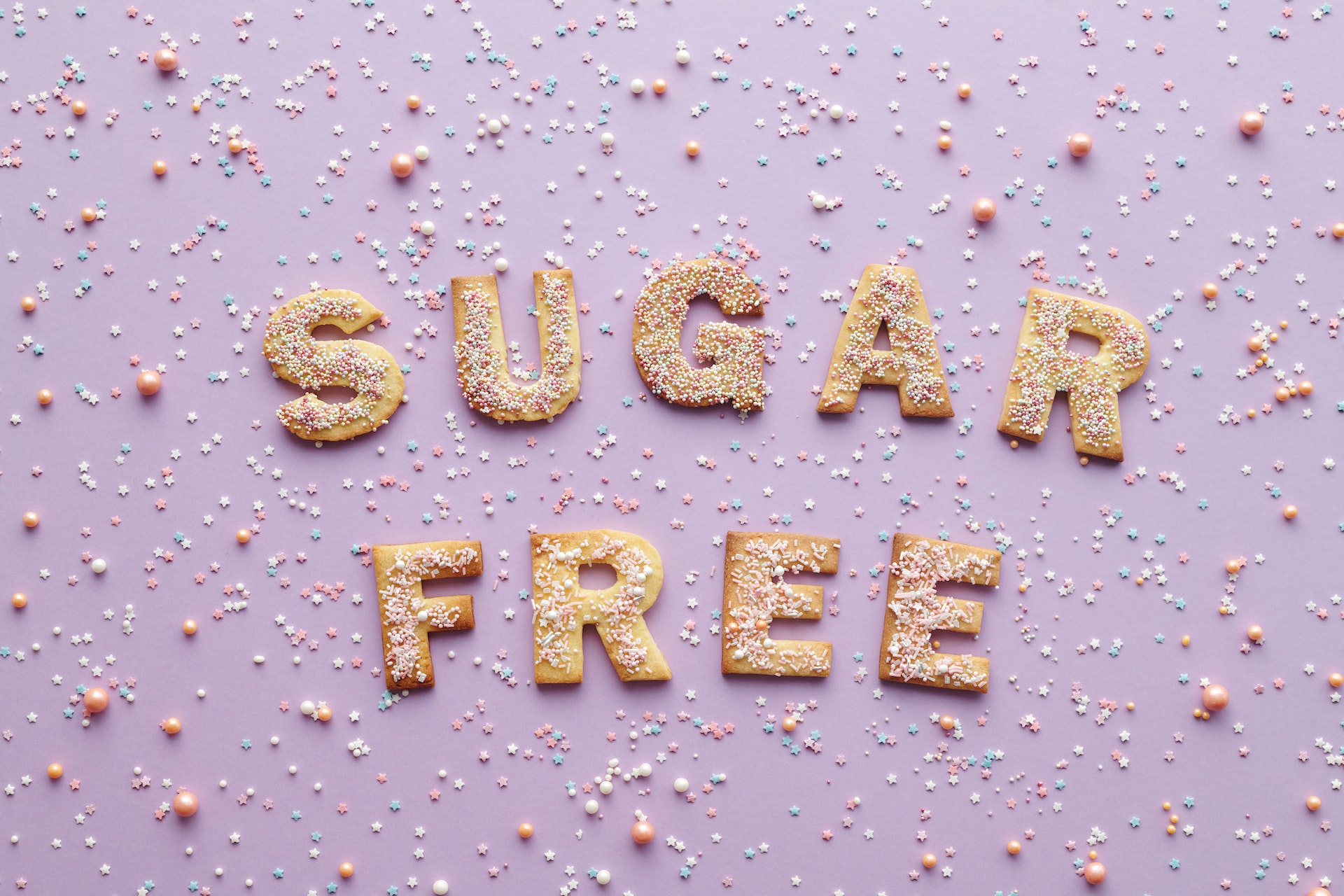Artificial sweeteners are, also called nonnutritive sweeteners (NNS)/low calorie sweeteners/intense sweeteners, recent addition to human diet. These sweeteners are increasingly popular as an alternative to sugar and provide more intense sweetness and fewer calories per gram. Use of these sweeteners is on the rise in beverages, dietary products, drugs, and mouthwashes due to increased incidence of obesity, diabetes, and metabolic syndrome. Moreover, extensive marketing by the manufacturers and increased health awareness have led to widespread use of artificial sweeteners. However, the increase in consumption of these sweeteners coincides with the sharp increase in the obesity and diabetes.
Commonly Used Artificial Sweeteners
| Sweetener | Times Sweeter than table sugar | ADI |
|---|---|---|
| Saccharin | 200 – 700 x | 15 |
| Aspartame | 200 x | 50 |
| Acesulfame potassium (Ace-K) | 200 x | 15 |
| Sucralose | 600 x | 5 |
| Neotame | 7000 – 13000 x | 0.3 |
| Advantame | 20000 x | 32.8 |
| Steviol glycosides | 200 – 700 x | 4 |
| Luo Han Guo fruit extracts | 100 – 250 x | – |
How Artificial Sweeteners Work?
Artificial sweeteners are present in many foods and drinks. Even a minute amount of sweetener tastes sweet to the tongue. These sweeteners can bind to a sweet taste receptor with greater affinity than sugar.
Sweeteners fool our taste sensors, attaching to our taste buds which send a signal via our taste sensor nerves to the brain stem where we respond positively to the sweet taste. This sweet taste response also confuses hormones and nerves response. Ingestion of sweeteners results in the release of insulin from pancreas. This increases insulin level in blood eventually leading to decreased receptor activity due to insulin resistance.
Does Diet Soda Cause Weigh Loss?
Owing to high sugar contents in regular soda, we prefer to drink diet soda or zero calorie soda to cut back calories. Mathematically, we are creating calorie deficit, but it does not help to lose weight. Artificially sweetened diet sodas may create craving for sweet foods. Therefore, craving increases the consumption of other foods and drinks.
Diet soda contains carbonated water, sweetener, caffeine, acid, color, flavor, vitamins and minerals, and preservatives. Natural, healthy, and whole foods can help the requirement of vitamins and minerals. from Caffeine is naturally present in coffee, fermented tea, green tea, and cocoa. All other additives found in diet soda are chemical that not required in daily diet.
Effect of Artificial Sweeteners on Gut Microbiome
Trillions of microbes are living in the gut. These bugs play an important role in the digestion of food. Diverse the microbiome is, better the health outcomes. Experts believe that a healthy, balanced gut microbiome is vital for maintaining good health.
Artificial sweeteners pass through the human gastrointestinal tract without being digested and directly encounter the gut microbiome. Composition and function of gut microbiome are modified by diet in the healthy and lean state as well as in obesity and diabetes.
Artificial sweeteners may influence the health by changing the balance of bacteria in the gut. Scientists have found that animals fed artificial sweeteners (Splenda, acesulfame potassium, aspartame and saccharin) experience changes to their gut bacteria. Research has also indicated that people who eat artificial sweeteners have different gut microbiome than those who don’t. However, the response of artificial sweeteners on gut bacteria is highly personalized. Therefore, avoid artificial sweeteners till their safety in human is fully established.
Effect of Artificial Sweeteners on Obesity and Insulin Resistance
It is considered that artificial sweeteners are developed as a sugar alternative helping in the reduction of insulin resistance and obesity. Recent advances in research carried out in animal models and people suggest that their effects may contribute to metabolic syndrome and the obesity epidemic.
They are linked to calorie intake, and weight gain by affecting the host microbiome, diminishing satiety, and disrupting glucose homeostasis.
There is a dire need to concentrate on newer plant-based sweeteners, including long-term studies to study their effects on the host microbiome, as this appears to be one of the main driving forces behind nutrient absorption and glucose metabolism.
See Also: Blood Glucose: Control it with Exercise
Sources
[1] Sharma A, Amarnath S, Thulasimani M, Ramaswamy S. Artificial sweeteners as a sugar substitute: Are they really safe? Indian J Pharmacol. 2016 May-Jun;48(3):237-40. https://doi.org/10.4103%2F0253-7613.182888.
[2] Additional Information about High-Intensity Sweeteners Permitted for Use in Food in the United States, https://www.fda.gov/food/food-additives-petitions/additional-information-about-high-intensity-sweeteners-permitted-use-food-united-states
[3] Pearlman M, Obert J, Casey L. The Association Between Artificial Sweeteners and Obesity. Curr Gastroenterol Rep. 2017 Nov 21;19(12):64. doi: 10.1007/s11894-017-0602-9. PMID: 29159583.
[4] Mathur K, Agrawal RK, Nagpure S, Deshpande D. Effect of artificial sweeteners on insulin resistance among type-2 diabetes mellitus patients. J Family Med Prim Care. 2020 Jan 28;9(1):69-71. doi: 10.4103/jfmpc.jfmpc_329_19.
[5] Suez J, Korem T, Zeevi D, Zilberman-Schapira G, Thaiss CA, Maza O, Israeli D, Zmora N, Gilad S, Weinberger A, Kuperman Y, Harmelin A, Kolodkin-Gal I, Shapiro H, Halpern Z, Segal E, Elinav E. Artificial sweeteners induce glucose intolerance by altering the gut microbiota. Nature. 2014 Oct 9;514(7521):181-6. doi: 10.1038/nature13793. Epub 2014 Sep 17. PMID: 25231862.
